Parldigi MasterClass 2024/2025 – National Parliament
As of September 2024, a Parldigi MasterClass will be held for the second time for members of the National Council and the Council of States. In five training events, parliamentarians will be able to learn about various digitalization topics from qualified researchers and experts on a neutral basis.
The Digital Society Initiative is organizing this Parldigi MasterClass with the Verein Parldigi and the support of the Stiftung Mercator Schweiz.
Termine und Veranstaltungen
Fall session 2024
Disinformation
Monday, September 9, 2024, 10:15 to 12:00
Prof. Dr. Florent Thouvenin (University of Zurich) & Prof. Dr. Tommaso Venturini (University of Geneva)
The presentation slides of the MasterClass «Disinformation» from September 9, 2024 can be downloaded under the following links:
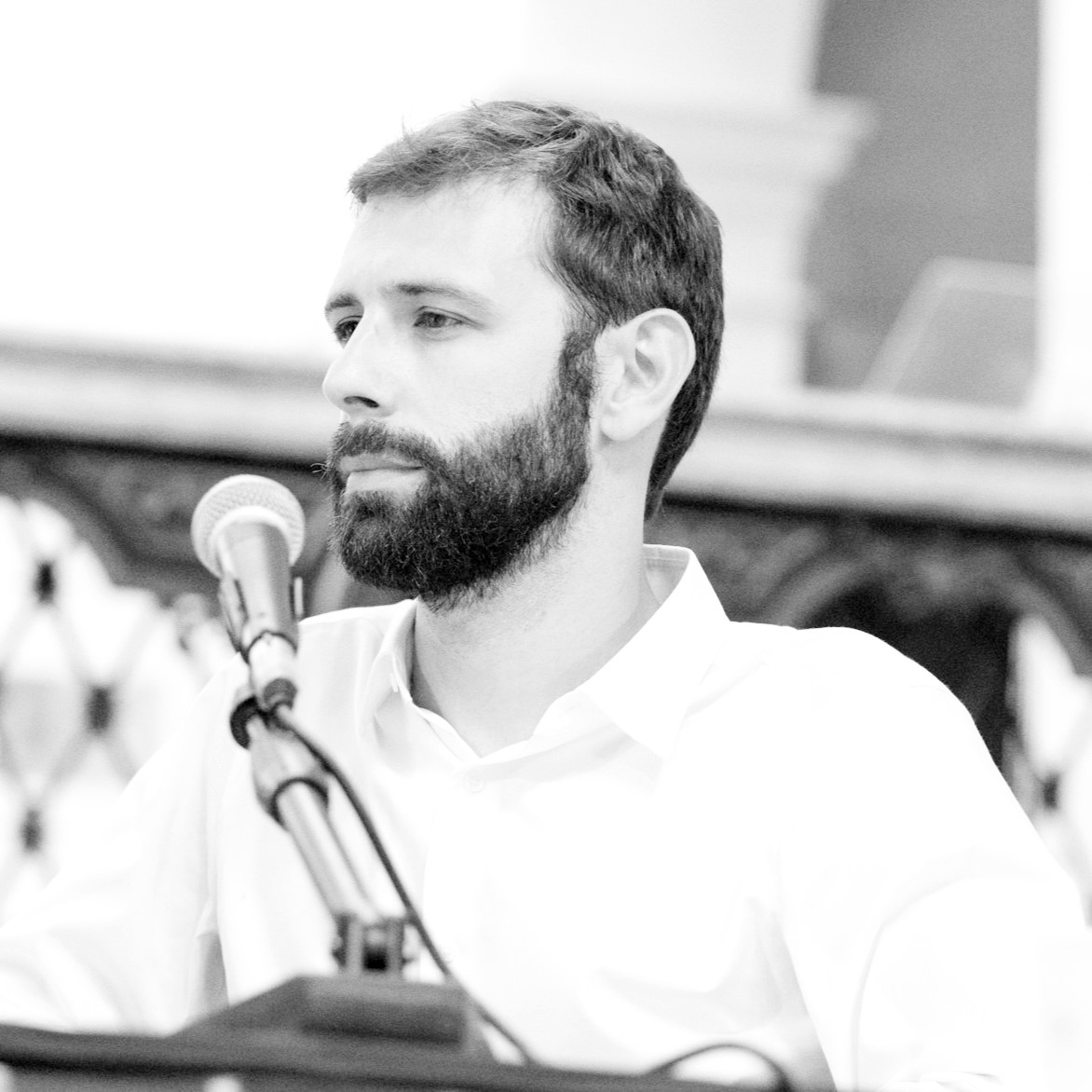
While disinformation and polarization have been much discussed in digital media, little attention has been paid to the increasing short-livedness of online attention. When messages are replaced too quickly by others, democratic debates do not have time to unfold. In his talk, Tommaso Venturini from the University of Geneva showed how this low attention in digital media fosters the spread of so-called junk news and conspiracy memes.
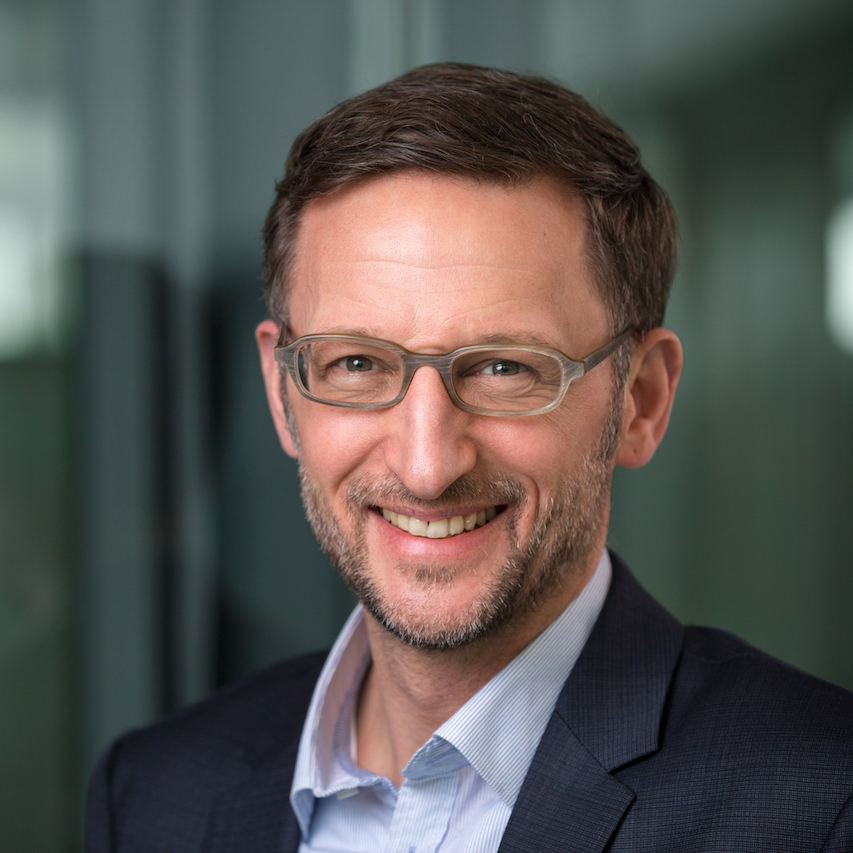
Swiss law does not have any specific provisions on disinformation, but it does have many norms that can be used to take action against defamatory and false information. In the second talk, Florent Thouvenin from the University of Zurich explained why additional rules should be limited to ensuring a functioning opinion-forming process and why the state should only intervene cautiously with regard to content.
Winter session 2024
Algorithms in politics - programming crash course for members of parliament
Monday, December 2, 2024, 10:15 to 12:00
Prof. Dr. Marcel Gygli & Lena Georgescu (both Bern University of Applied Sciences)
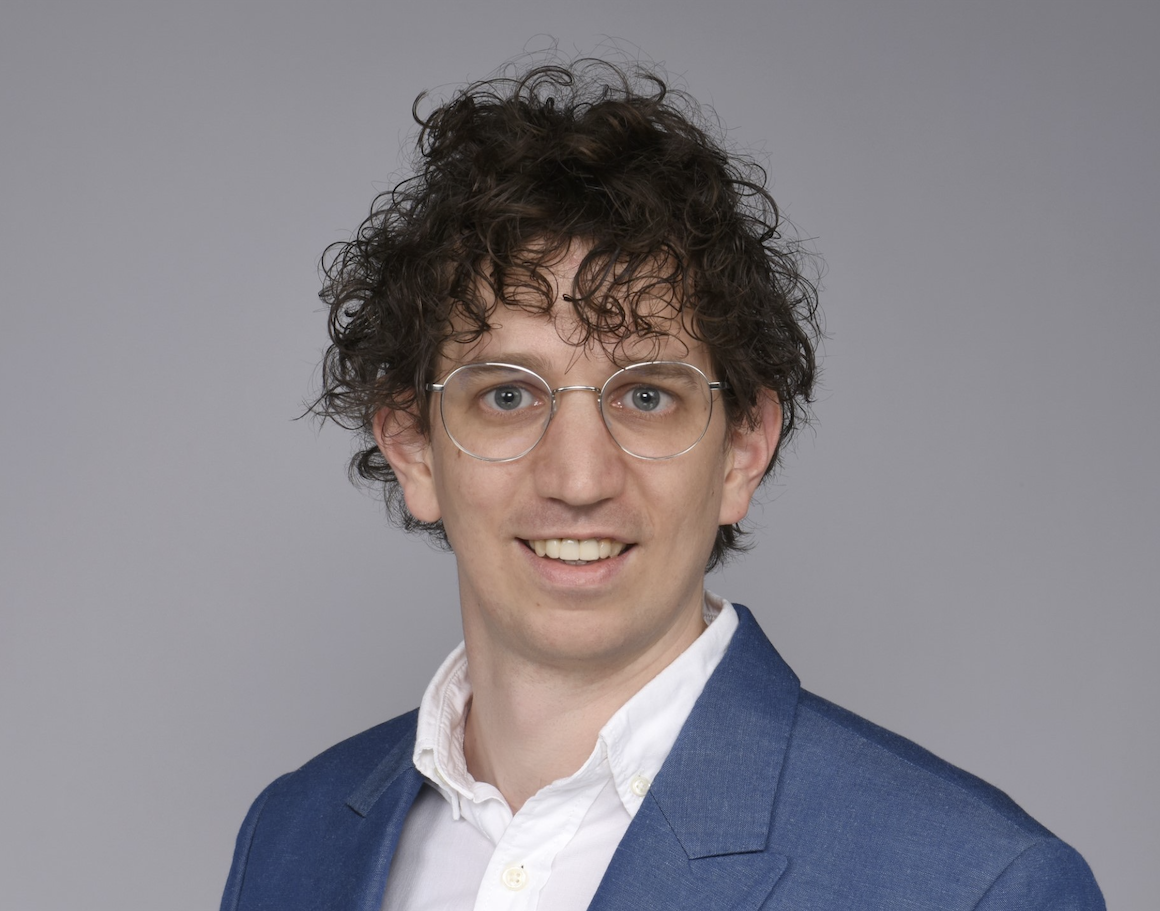
Clever software applications are used to analyze large amounts of data to make important decisions. However, errors can also creep into the programming code and thus produce incorrect figures, as recent examples in Swiss politics have shown.
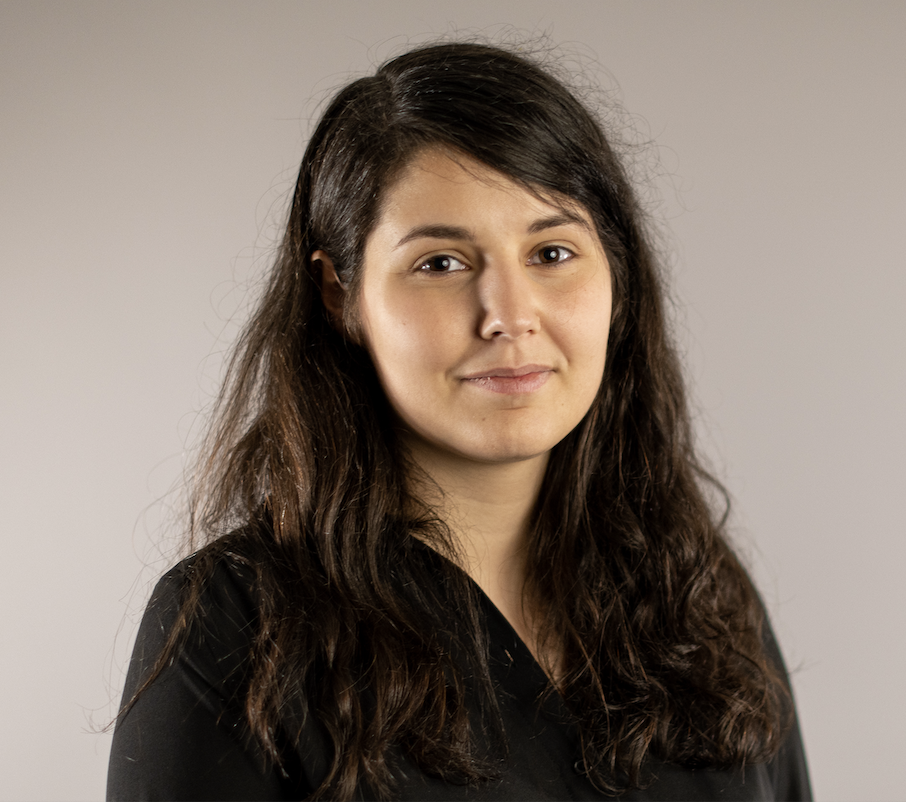
This MasterClass teached the basics and applications of programming so that members of parliament could gain an understanding of algorithms and software development. Marcel Gygli and Lena Georgescu from the Bern University of Applied Sciences showed how to create and execute Python source code without prior knowledge. The processing of exciting data from Smartvote established a direct link to everyday political life.
Spring session 2025
Switzerland's digital sovereignty – what does that mean and what do we want?
Monday, March 3, 2025, 10:15 to 12:00
Prof. Dr. Yaniv Benhamou (University of Geneva) & Prof. Dr. Matthias Stürmer (Bern University of Applied Sciences/University of Bern)
The presentation slides of the MasterClass «Switzerland's digital sovereignty – what does that mean and what do we want?» from March 3, 2025 can be downloaded under the following links:
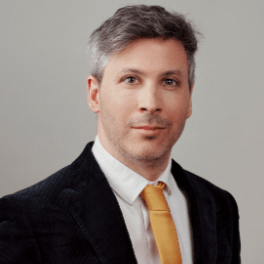
What does digital sovereignty actually mean? In light of the debates in Switzerland and abroad, Yaniv Benhamou from the University of Geneva explained in his presentation what is meant by this term. He made clear that digital sovereignty encompasses not only a technological dimension, but also data, energy, economic, information and cultural sovereignty. The presentation also provided an overview of measures that the public sector can take to achieve greater sovereignty – and the role that Switzerland can play at the international level.
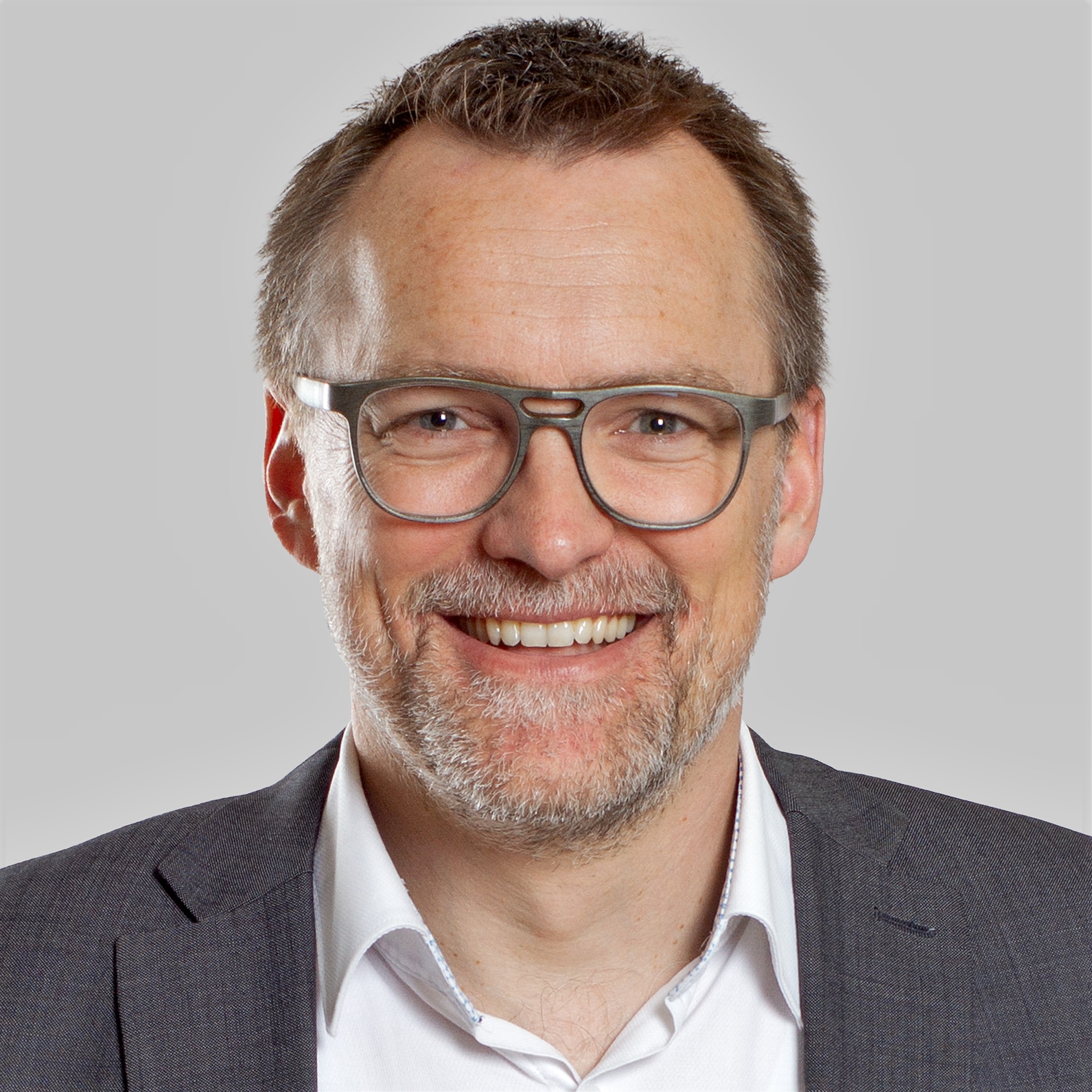
When it comes to cloud computing and artificial intelligence, Switzerland is largely dependent on foreign IT companies. How can this dependency be pragmatically reduced in order to increase digital sovereignty? In his presentation, Matthias Stürmer from the Bern University of Applied Sciences presented solutions and specific measures that are realistic despite financial constraints.
Summer session 2025
Opportunities and challenges of sustainability and digitalization
Monday, June 2, 2025, 10:15 to 12:00
Dr. Jeannette Behringer (University of Zurich) & Prof. Dr. Jan Bieser (Bern University of Applied Sciences)
The presentation slides of the MasterClass «Opportunities and challenges of sustainability and digitalization» from June 2, 2025 can be downloaded under the following links:
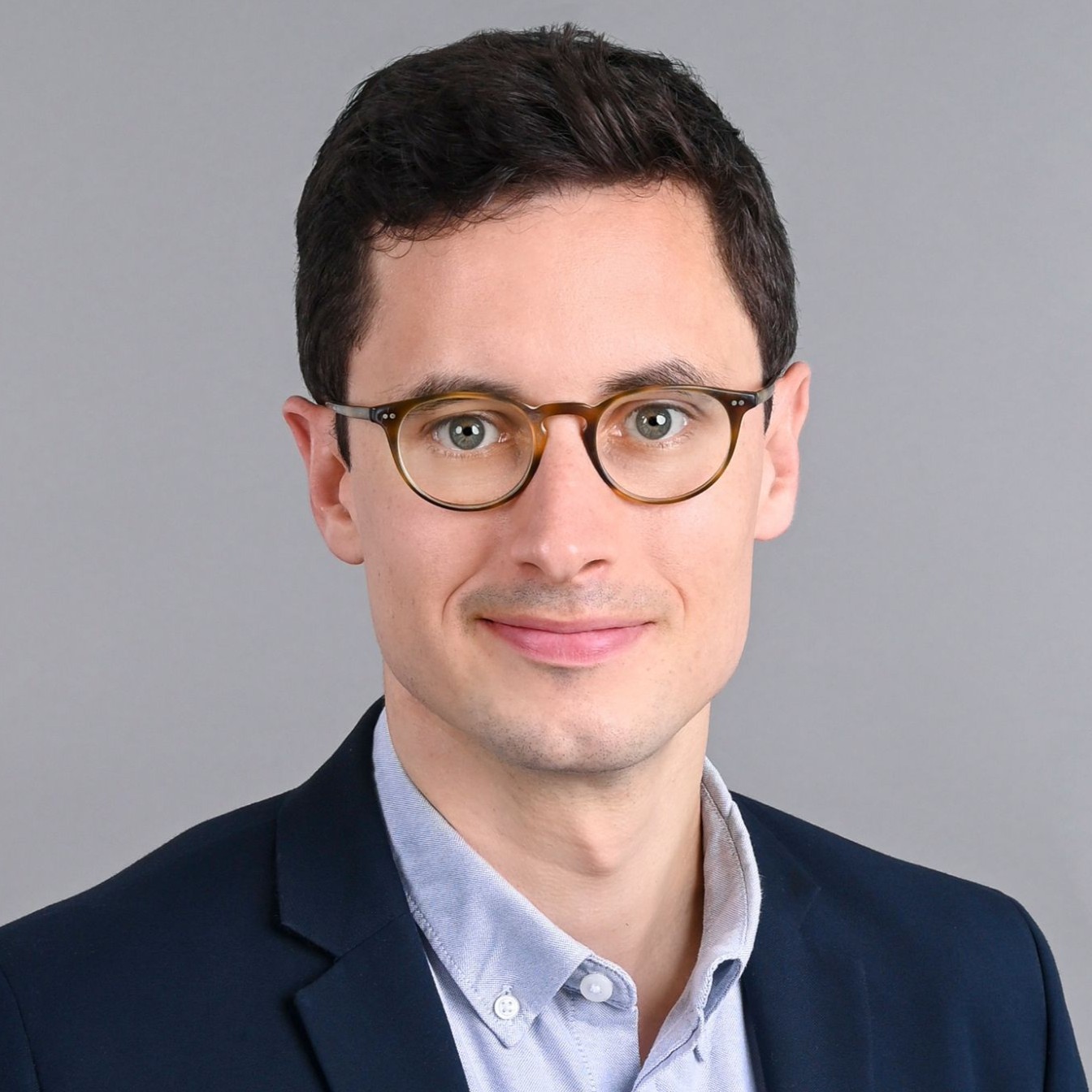
Digitalization, which has been further accelerated by the AI boom, is considered both a climate sinner and a climate savior. There is a great deal of confusion, and hardly anyone can estimate the actual environmental impact of digitalization. Jan Bieser from the Bern University of Applied Sciences will outline the opportunities and risks of digitalization for environmental protection in his presentation.
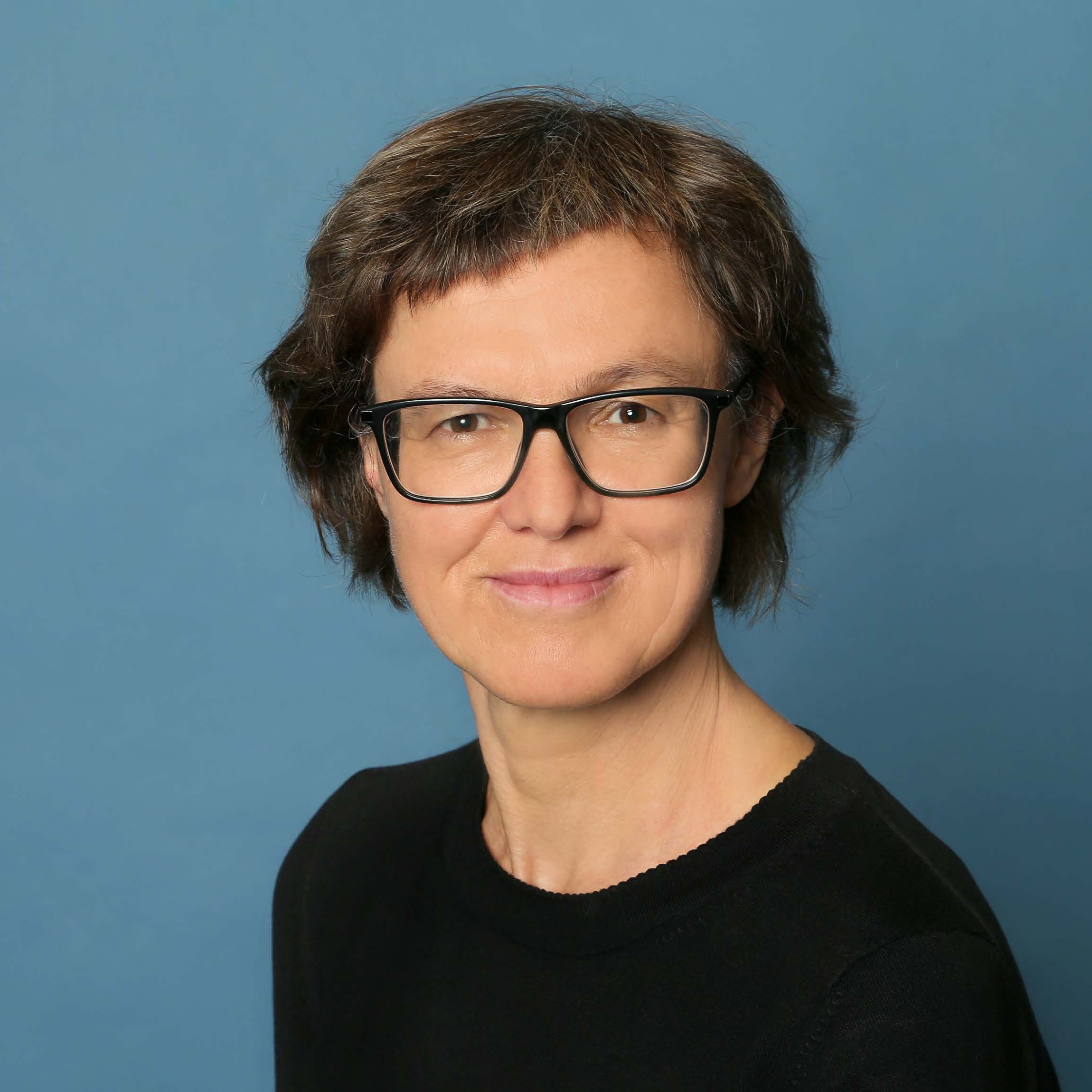
Shaping sustainable development in the field of digitalization and minimizing environmental impacts requires measures that promote efficiency, consistency, and sufficiency. Ethical considerations also play a role. Jeannette Behringer from the University of Zurich highlights relevant strategies in her article. Current examples—such as from the circular economy—and aspects of political implementation round out the article.
Fall session 2025
A look into the future: quantum technology and digital transformation
Monday, September 8, 2025, 10:15 to 12:00
Prof. Dr. Titus Neupert (University of Zurich) & Dr. Mira Wolf-Bauwens (GESDA)
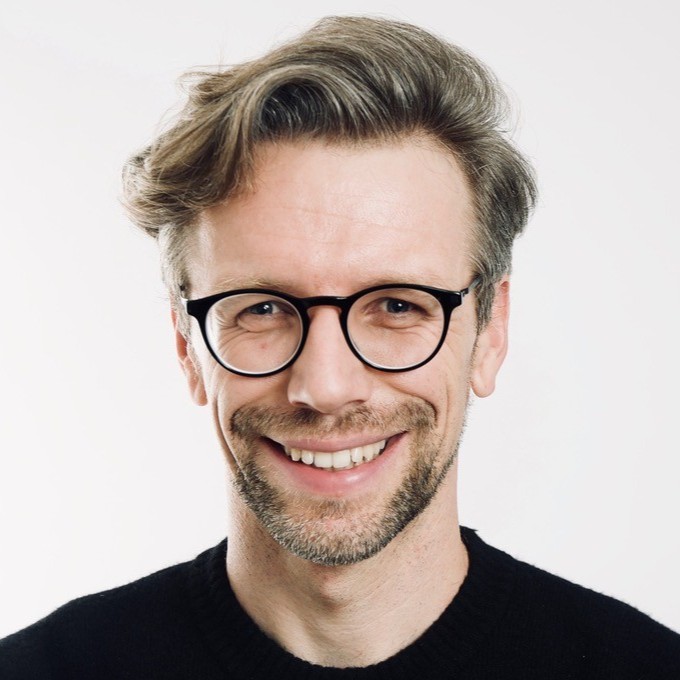
What steps should Switzerland take to ensure that it is well positioned for the future in the field of quantum technologies and to leverage its innovation potential? Titus Neupert from the University of Zurich will present the state of the art in the three main areas of application for quantum technologies: computing, communication, and sensor technology. Based on a realistic outlook on expected developments, he will also discuss recommendations for action.
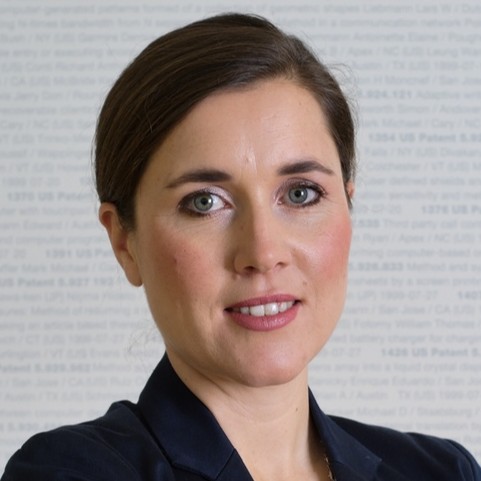
Quantum computing is transforming not only technology, but also society. In her presentation, Mira Wolf-Bauwens from the Geneva Science and Diplomacy Anticipator (GESDA) will shed light on the ethical, social, and geopolitical implications of this key technology – and how we can embed responsibility in innovation.